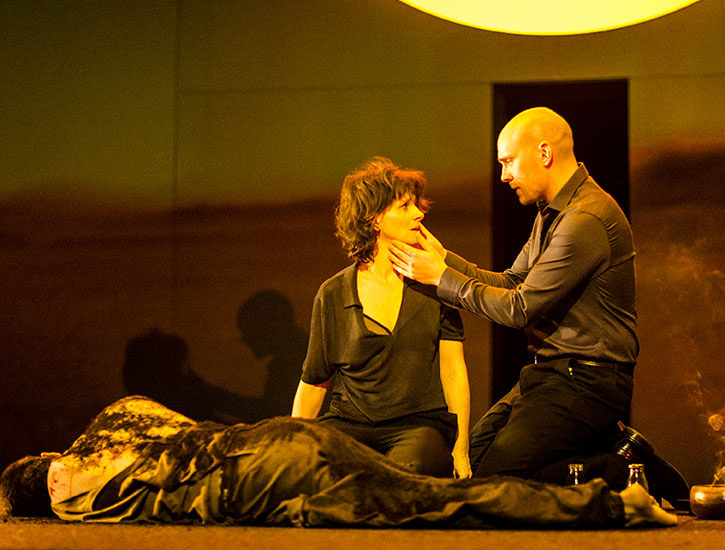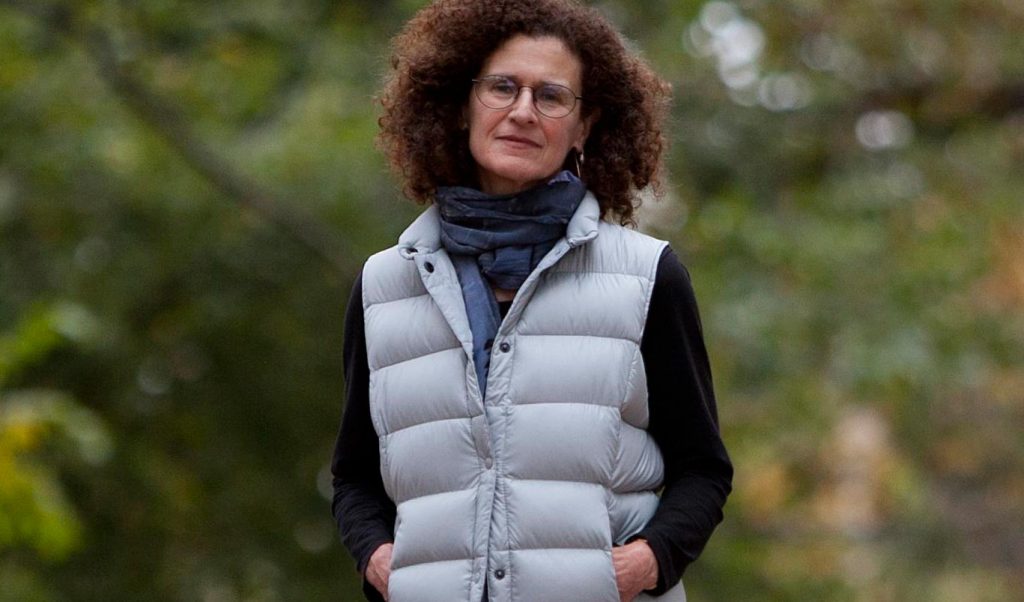Please note: This post is a part of series.
Gertrude Stein’s Tender Buttons is sometimes described as a work of “verbal cubism.” Wrote Marcel Proust in a letter: “For several years, Beethoven’s late quartets and Franck’s music have been my primary spiritual nourishment.” You probably know that Karl Ove Knausgård wrote a music column when he was sixteen (covered: Simple Minds, Talking Heads, David Bowie, and Eric Clapton). And you?
At UMS we were inspired by the impact of performance on other kinds of creative work, so we started up an Artists in Residence program (we just announced this season’s cohort!).
Here at MQR, I hope to offer “small bites” of this experience. You’ll see a series of posts focusing on cross-pollination and inspiration in the arts. Alongside each post, UMS will offer up a pair of tickets to an Ann Arbor-area MQR Blog reader (it could be you!), and then we’ll follow up with our reader after his or her performance experience as part of the next post in the series.
First up: Antigone, Anne Carson
There are many exciting performances on this upcoming season, but one of the performances I’m personally excited about is Antigone by Sophokles (October 14-17 at Power Center in Ann Arbor). This is a production by director Ivo van Hove and starring the French stage actress Juliette Binoche, both exciting features in their own right, but also. This is a new translation by Anne Carson.
There are many things to be said about Anne Carson. Some facts: Carson is a T.S. Eliot Prize-winning poet, recipient of a MacArthur Genius Grant, and former U-M professor of classics and comparative literature. (Read Carson’s translation of Euripides’ “First Choral Ode of Bakkhai,” which appeared in MQR’s Spring 2013 issue, here.)
Another fact: When I read The Autobiography of Red I dog-eared many pages and underlined many sentences, but especially: “‘This would be hard / for you if you were weak,’ his mother says, sending him off to school, ‘but you’re not weak, she said and neatened his little red wings and pushed him / out the door.’” And then this very excerpt was on the back cover of Red Doc>, the “sequel.” These are synchronous situations that please.
One of the reasons I’m interested in Carson’s work is because of its persistent attention to cross-pollination and the interdisciplinary. “Candor” is a series of poems inspired by the titles of the sculptures of the artist Roni Horn, a spoken-word opera about three women mystics: Aphrodite, the fourteenth-century French heretic Marguerite Porete, and Simone Weil. A book that “does not behave like any other book of poetry (or prose) out there.” What does it mean to produce writing that is ‘arguably not poetry,’ but to be one of Canada’s preeminent poets?
“Brevity I can do.”
Therefore, in the spirit of finding inspiration in the interdisciplinary, we’re giving away two tickets to Antigone to one lucky fan of Michigan Quarterly Review.
To enter to win, comment on the link to this post on MQR’s Facebook page or tweet to @mqr_tweets in one of the following ways: (1) Share a favorite Anne Carson link, (2) Share a link to an interdisciplinary work that inspires you, (3) Share why you’d like to go to this performance, (4) Other (you choose! be creative if you like), but still a comment. Comment by this Friday, September 18.
Winner will be selected at random and announced on MQR’s Facebook page. Meanwhile, tickets to Antigone are also on sale over at UMS.
Photo: Scene from Antigone by Sophokles, a new translation by Anne Carson and starring actress Juliette Binoche. Photo by Jan Versweyveld.



